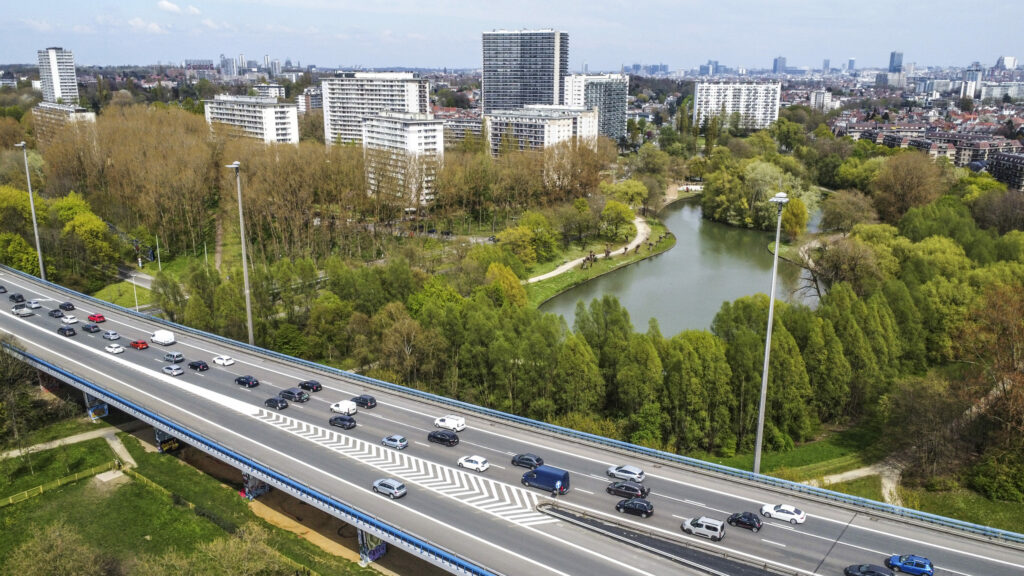Since the introduction of the Low Emission Zone (LEZ) in Brussels in 2018, road transport emissions have decreased by over 30% for nitrogen oxide (NOx) and fine particles PM2.5.
According to the 2024 monitoring report by Brussels Environment released on Monday, the data shows that between 2018 and 2023, NOx emissions fell by 36% with a constant traffic volume. In the same period previously, it fell by 31%,
PM2.5 particles fell by 31%, and black carbon by 65%, compared to reductions of 30%, and 62% respectively between 2018 and 2022.
Last year, and for the fourth consecutive year, all 13 monitoring stations in the capital region complied with the annual European standard of 40 µg/m³ for nitrogen dioxide (NO2) emissions.
"While the LEZ in Brussels is improving air quality, more progress is needed to meet the 2030 challenges," stated Brussels Environment.
Efforts must continue to meet the future European standard of 20 µg/m³ for NO2 by 2030, and the even stricter World Health Organisation (WHO) recommended value of 10 µg/m³.
"Only 5 of the 13 monitoring stations met the new European standard last year, but they still exceed the WHO recommended value," noted Brussels Environment in a statement.

